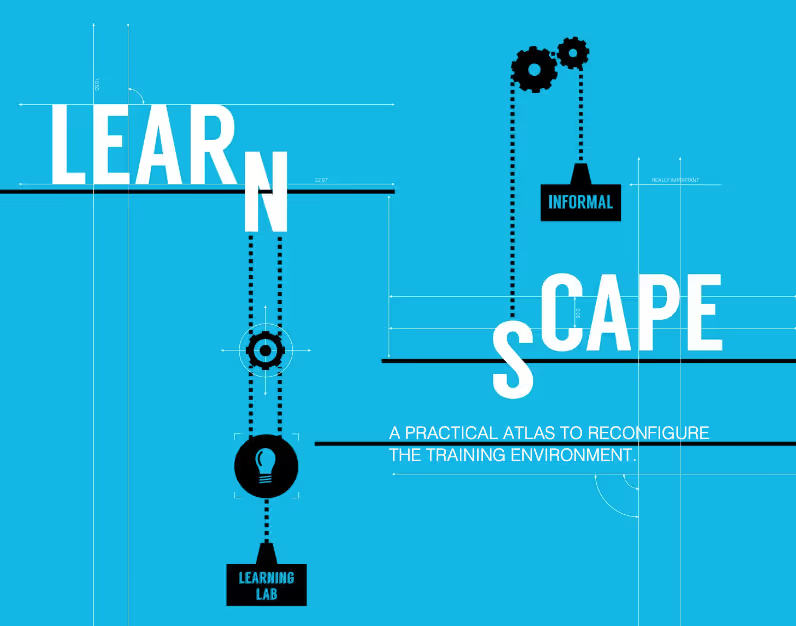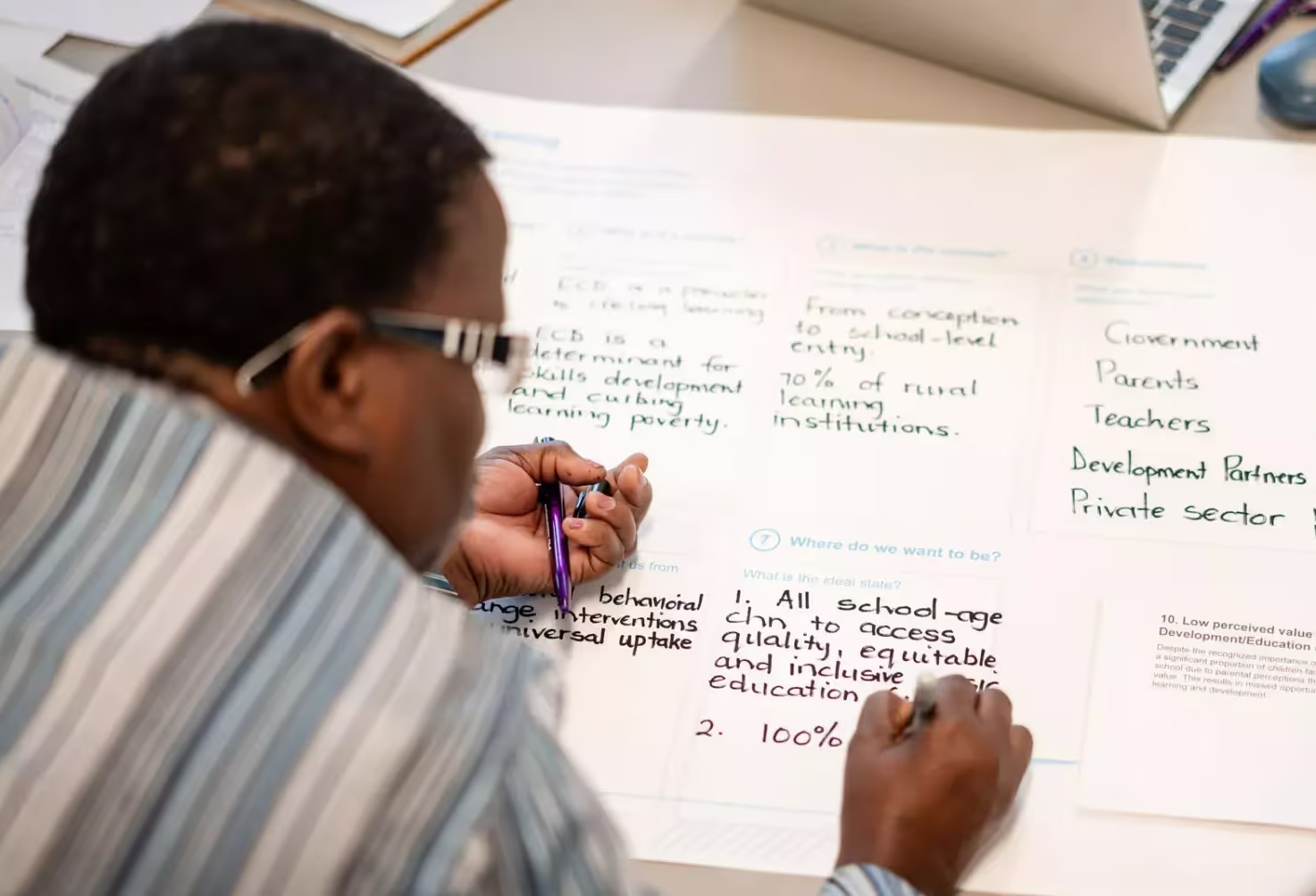Learnscapes

The Centre supports colleagues in designing training programmes in a behaviourally-informed manner by creating a structure which helps learners pursue their desired paths. The approach has been piloted in two Train-the-Trainer fora and is now offered as a tailor-made event for organisations or institutions. One event has led to the publication of Learnscapes (2015), which explores how the Training Centre can apply BeSci to encourage more meaningful interactions. The project works closely together with architects and explores how physical and digital spaces can nudge towards specific knowledge sharing behaviours. This project will inform the creation of a Learning Innovation Lab, which will focus on nudges for learning and behavioural change.


.avif)

